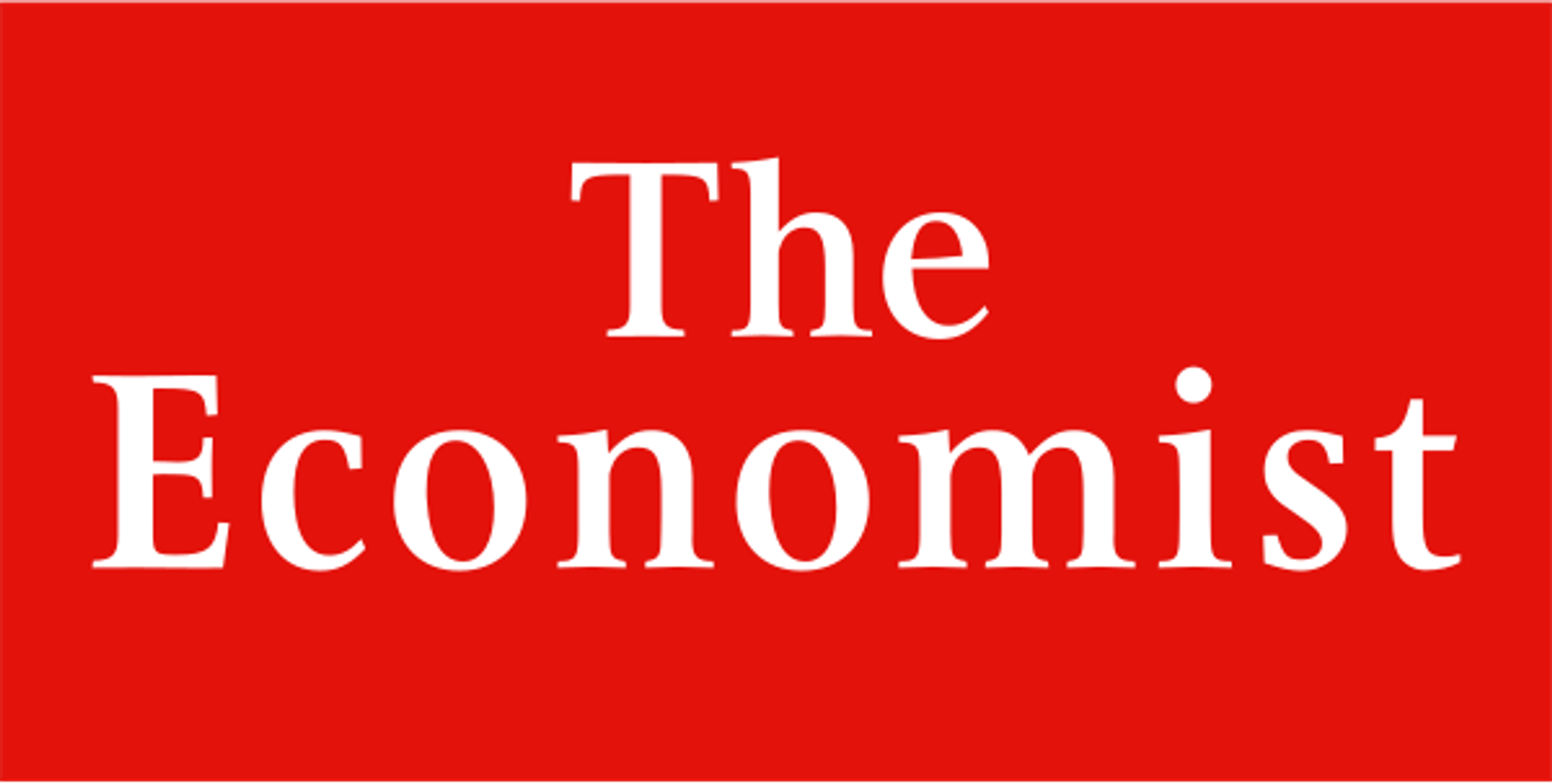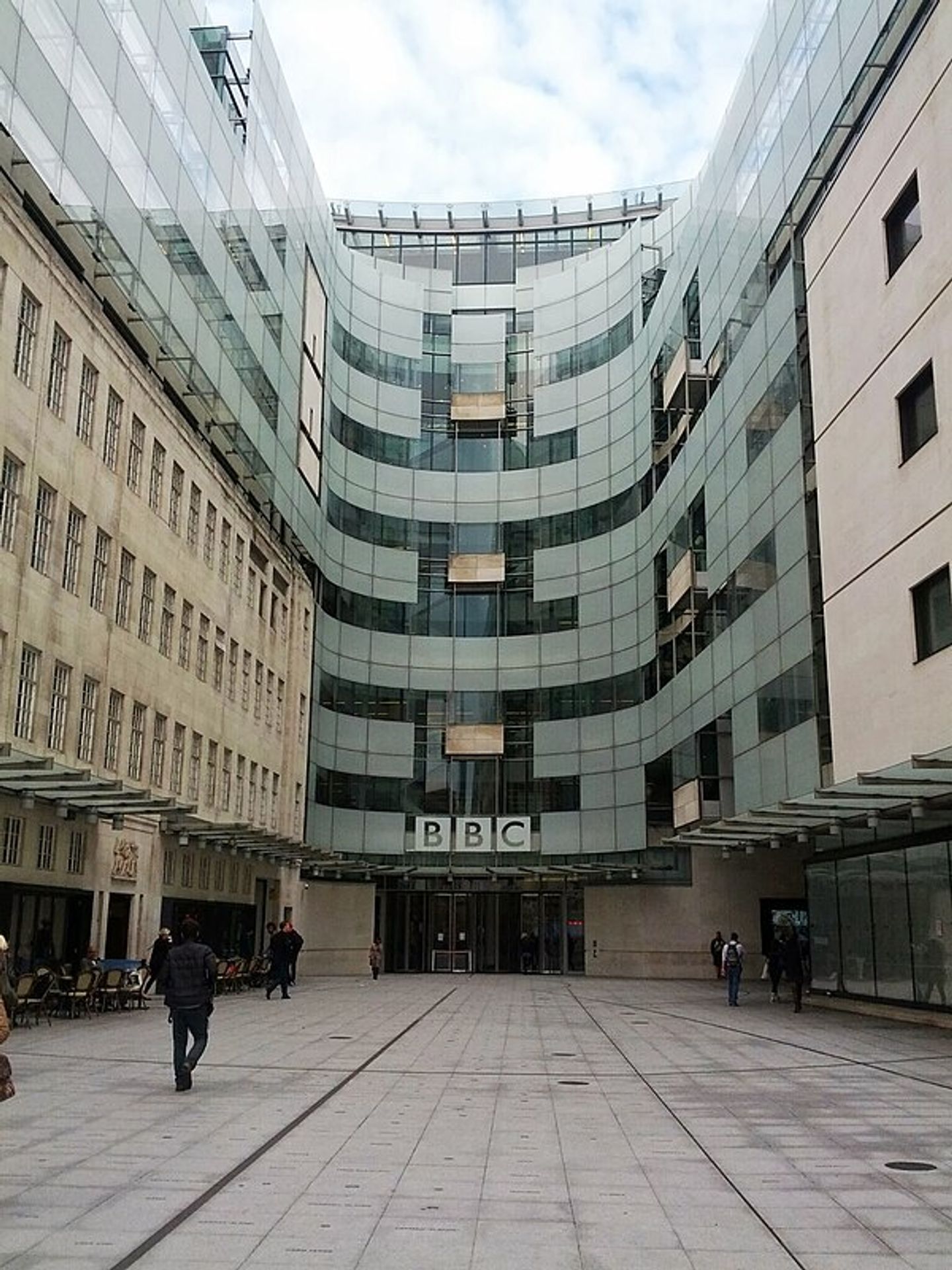
The Economist
What do people say about The Economist?
In the provided context, The Economist is portrayed as a reputable and authoritative publication delivering in-depth analysis on critical global issues such as geopolitical conflicts and generational outlooks. It is recognized for conducting surveys that reveal a grim perspective among younger generations, reflecting a shift in societal mood and escalating anxieties about the future. However, the perception also hints at The Economist's somewhat detached and elitist tone, which may fail to fully engage with the emotional realities of its audience, particularly younger people uncertain about their futures in a fast-changing world. The coverage is comprehensive but occasionally risks being seen as overly cerebral or out of touch with grassroots concerns. The discussions in related podcasts suggest that while The Economist is a go-to source for intellectual rigor, it is not immune to critiques about relevance and accessibility in an era of rapid technological and political upheaval.
Where are the conversations happening?
The most critical discussions about The Economist occur within podcasts that analyze global political developments and societal trends, particularly The Monocle Daily and The Intelligence from The Economist podcast itself. These sources reflect The Economist's intellectual rigor and authority but also expose limitations in emotional resonance with younger demographics and those grappling with technological disruption. The Monocle Daily references The Economist's surveys on youth pessimism, highlighting a shift in public mood that The Economist documents but may not fully address. The Intelligence podcast illustrates The Economist's central role in shaping informed discourse but underscores that its highbrow approach may alienate some listeners. The Different Hats Podcast, while not directly criticizing The Economist, discusses broader concerns about censorship and free speech, contexts in which The Economist operates as a mainstream media entity. Overall, The Economist is respected but scrutinized for its tone and accessibility in the UK media landscape.
What are the topics trending around The Economist?
Emerging trends include the widespread anxiety among Generation Z about the future amid continuous global crises, the rapid evolution and societal impact of artificial intelligence, and geopolitical tensions in the Middle East, particularly relating to Israel and Gaza. Discussions also touch on issues of free speech, censorship, and the challenges individuals face in navigating public discourse in the digital age.
Why are these topics trending?
These trending topics are derived from the content surrounding The Economist in the podcasts — surveys on youth attitudes reveal generational pessimism; AI's impact on education and employment is a recurring concern; and geopolitical conflicts dominate the news agenda, shaping public and political narratives. Additionally, the conversation about free speech and censorship reflects a broader societal struggle that intersects with The Economist's role as a mainstream analytical voice, positioning it at the nexus of these critical contemporary issues.
How is The Economist being talked about?
Detailed breakdown of public sentiment and conversations about this entity.
Impact vs Sentiment
See how each entity's high impact percentage relates to their positive sentiment percentage from actual mentions.




